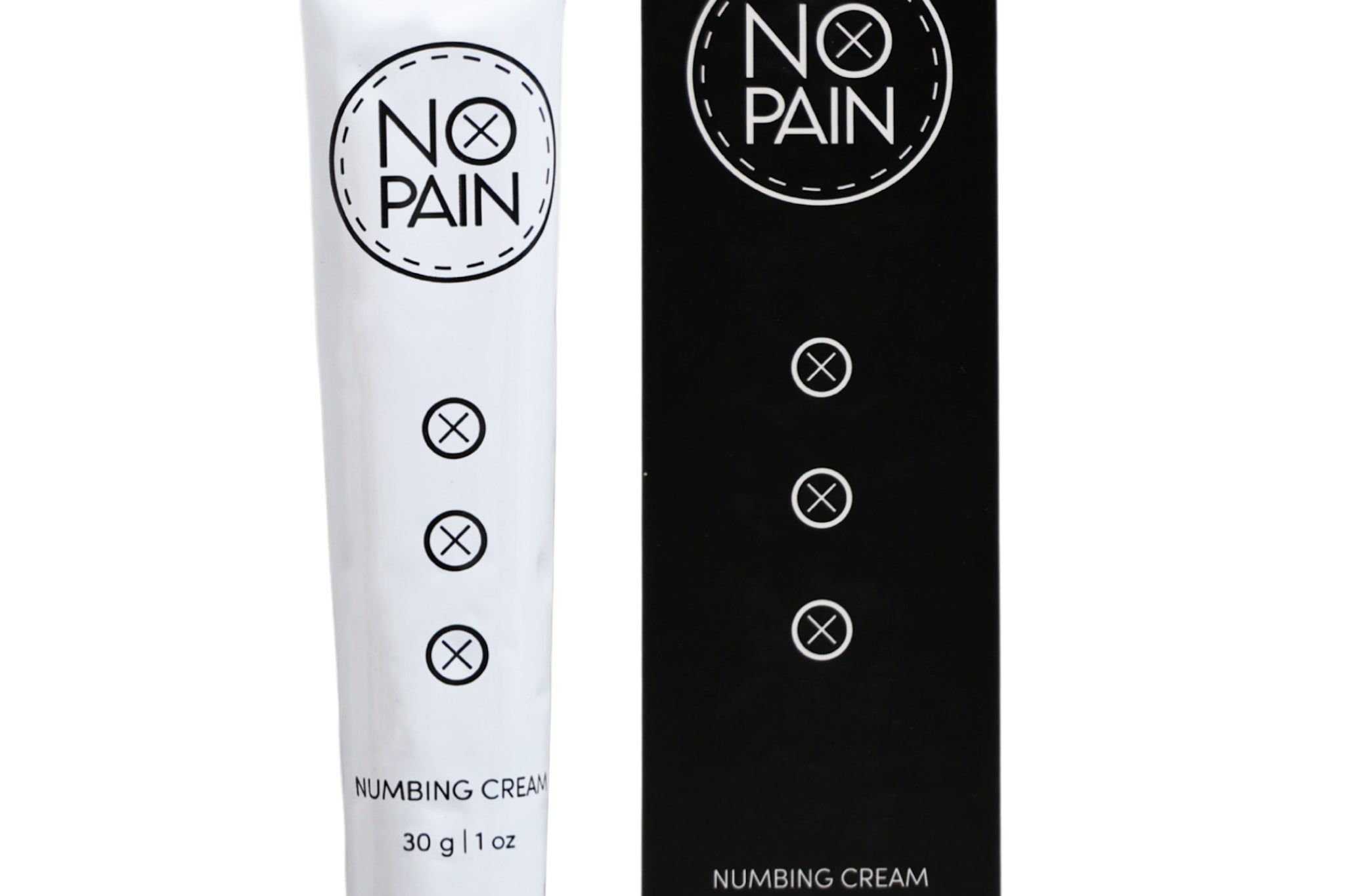You have tattoos, and your doctor has just ordered an MRI scan. A vague memory might surface—something you heard or read online about tattoos reacting with MRI machines. A sense of anxiety can set in: "Is this safe? Will my tattoo burn? Will it interfere with the scan?"
It's a valid concern, and one that radiologists and technicians hear every day. The good news is that for the overwhelming majority of people, the answer is simple: Yes, it is completely safe to get an MRI if you have tattoos.
Adverse reactions are incredibly rare. However, they are not impossible. This is your definitive, science-based guide to understanding the risks, why they happen, and the simple steps you should take to ensure a safe and comfortable MRI experience.
The Science: Why Do Tattoos and MRIs Interact?
An MRI (Magnetic Resonance Imaging) machine uses powerful magnets and radio waves to create detailed images of the inside of your body. The concern with tattoos comes from the composition of the tattoo ink.
-
The Culprit: Ferromagnetic Metals. Some tattoo inks, particularly older ones and some low-quality or red-colored inks, can contain trace amounts of iron oxides. Iron is a "ferromagnetic" metal, meaning it is attracted to magnets.
-
The Reaction: When these tiny metal particles are exposed to the powerful magnets of an MRI, two things can happen:
-
Heating: The radiofrequency pulses of the MRI can create an electric current in the metallic ink particles, causing them to heat up.
-
Tingling/Pulling: The magnetic field can cause a slight pulling or tingling sensation on the skin.
-
How Common Are These Reactions? (Spoiler: Extremely Rare)
This is the most important part of the discussion. While reactions are possible, they are extremely rare. Years of clinical experience have shown that adverse reactions occur in less than 1% of cases.
When reactions do occur, they are almost always mild and temporary. The most common report is a feeling of warmth, tingling, or a slight burning sensation at the tattoo site. In very rare instances, this has resulted in a minor first-degree burn, similar to a sunburn, which typically resolves on its own within 24 hours.
Your Safety Checklist: How to Prepare for Your MRI
1. Inform the Technologist. This is the most important step you can take. When you are filling out your pre-scan paperwork, be sure to inform the radiologist and the MRI technologist that you have tattoos. Tell them the location and approximate age of your ink. This allows them to be aware and monitor the situation.
2. Listen to Your Body During the Scan. You are in constant communication with the MRI technologist through an intercom system, and you will have a "panic button" or squeeze ball. If you feel any sensation of heating, burning, or discomfort at your tattoo site, you should immediately alert the technologist. They can stop the scan instantly and assess the situation.
3. When in Doubt, Wait for a New Tattoo to Heal. While it's generally safe, most medical professionals recommend waiting at least 6 weeks after getting a new tattoo before having an MRI. This allows the skin to fully heal and minimizes any risk of the ink migrating or causing irritation.
Does the Quality of Your Tattoo Matter?
Yes. The risk of a reaction is highest with very old tattoos (when metal content was more common) or with low-quality, amateur "scratcher" tattoos where the composition of the ink is a complete unknown.
Choosing a professional, reputable artist who uses high-quality, modern, sterile inks is not just about getting better art; it's a safety measure. An artist who is invested in their craft is also invested in using the safest materials. The same goes for your aftercare. Using a professional system like our No Pain Tattoo Aftercare Bundle ensures your skin heals with high-quality, gentle ingredients, which is another part of a responsible tattoo journey.
The Verdict: The risk of a problem between your tattoo and an MRI is incredibly low. Do not let the fear of a rare, mild reaction prevent you from getting a medically necessary and potentially life-saving diagnostic scan. The key is communication. Inform your medical team about your tattoos, and speak up immediately if you feel anything unusual during the scan. By taking these simple, responsible steps, you can ensure your MRI is a completely safe and uneventful experience.


